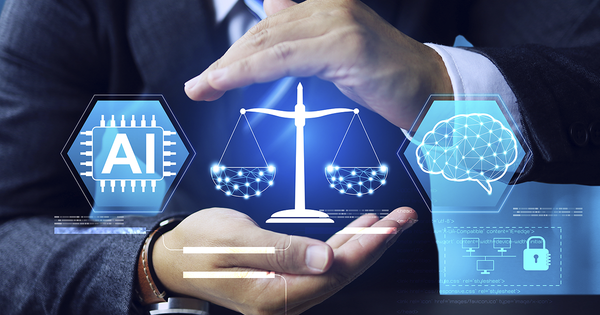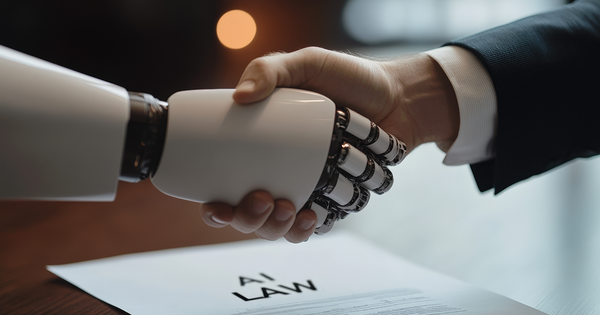
Artificial Intelligence
The Role of AI in eDiscovery: Striking the Right Balance
But how do you efficiently manage this tidal wave of data when timelines are tight and the stakes are high? That’s where eDiscovery is revolutionizing how legal teams handle vast amounts of information.






